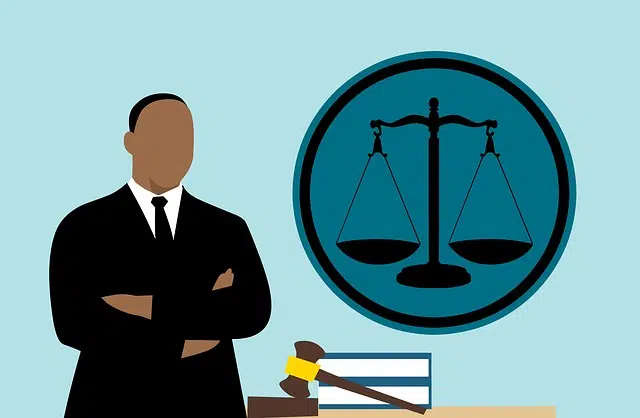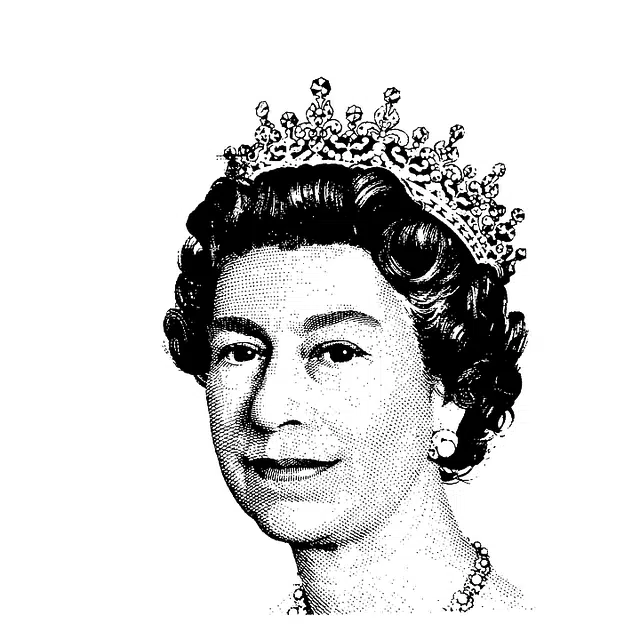
A prerogative can be a permission or benefit granted by an authority.
Prerogative is a term whose etymological antecedents are found in the Latin language, more precisely in the word praerogativa . A prerogative is a permission , benefit or dispensation that is granted to a person regarding a certain matter. The prerogative, in this way, allows one to avoid or evade a certain limit.
For example: “The military junta that took power a week ago announced that the head of the government will have executive prerogatives” , “The budget includes 200,000 pesos per month for the deputies in terms of prerogatives” , “The Australian businessman would request a judicial prerogative to not to declare in the case that he has in the country.”
Examples of prerogative
The prerogative can be a privilege that an authority grants to a person due to the position they occupy or due to a particular situation they experience. Suppose that a man who is imprisoned suffers the death of his mother. In order for you to attend the funeral, the judge who sentenced you to prison may grant you a prerogative and allow you to leave jail for a few hours.
A family that loses its belongings in a flood can obtain a prerogative from the State so that it does not have to pay taxes. In this way, flood victims can use their resources to recover by not having to face the expense of paying the fees in question.
Extraordinary powers
A ruler who has prerogatives, for his part, may enjoy extraordinary powers (not contemplated by law ) to exercise his function.
Prerogatives are usually granted in unusual situations, such as a war or a terrorist attack.

The British Crown has a royal prerogative.
royal prerogative
The set of powers possessed by the British Crown, many of which are exercised through the Privy Council of the United Kingdom, is known as the royal prerogative . These powers are various, such as the one necessary to require the presence of an ambassador in a certain country or to sign a treaty, but also various duties, such as guaranteeing the safety of the queen and the protection of the kingdom . On the other hand, given that in Great Britain there is a constitutional monarchy, the royal prerogative is exercised under the advice of ministers.
Parliamentary approval is not necessary to exercise royal prerogative. Furthermore, the Crown must consent to any debate that a House wishes to have around a charter about the sovereign's interests or prerogatives. It is important to note that this set of powers is not unlimited , despite being very extensive; This can be seen, for example, in the fact that the monarch cannot decide the collection or imposition of taxes, since such actions must be authorized in an Act of Parliament.
Parliament , for its part, has three members, one of which is the sovereign himself, while the other two are the House of Commons and the House of Lords. The royal prerogative includes the power to summon, prorogue and dissolve Parliament.
Internal affairs occupy an important place within the royal prerogative. The responsibilities of the British Crown include appointing and dismissing ministers, members of various executive agencies, privy councilors and other officials. On the other hand, the suggestion about those assigned comes from the Prime Minister or, if the positions are of lesser importance, the other ministers; It is common for the monarch, for his part, to heed this recommendation.
Another of the powers included in the royal prerogative is to direct military actions, declare war and peace , although the monarch (who also has the title of Commander in Chief of the Armed Forces ) has the advice of the Prime Minister. Minister.
